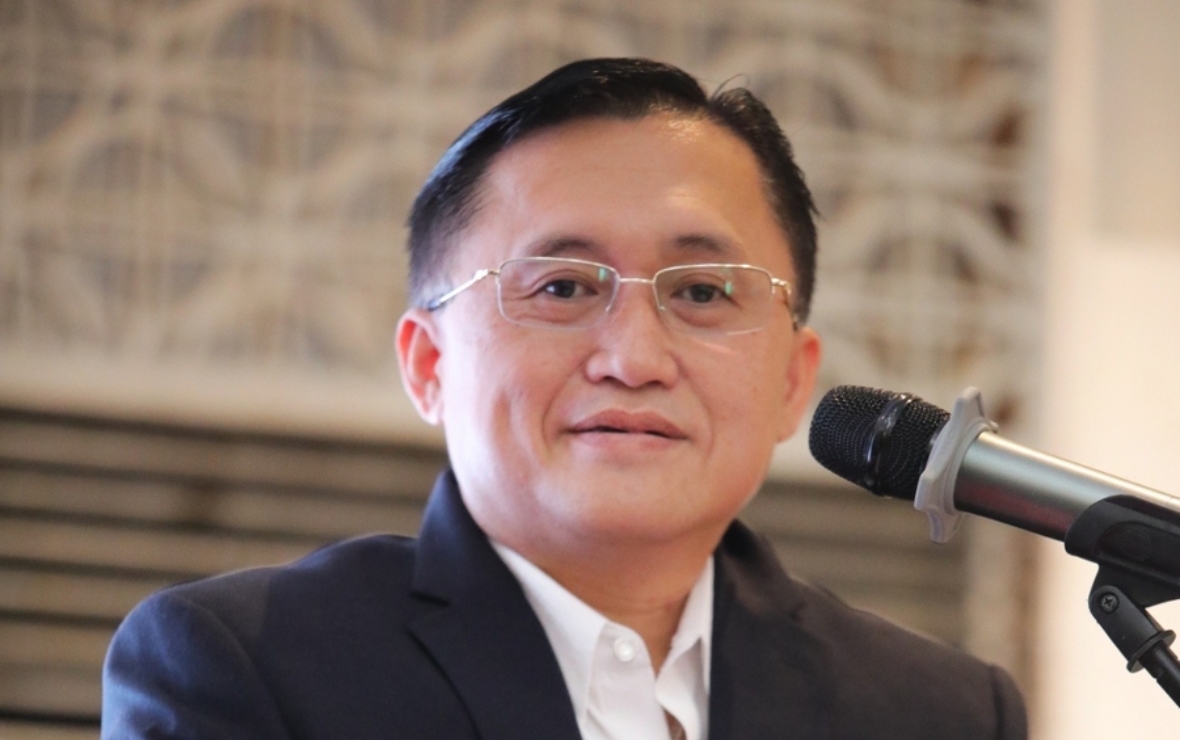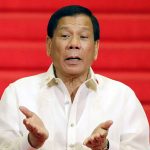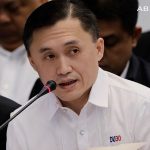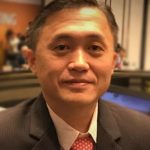In public service, Senator Christopher “Bong” Go stands out not merely for his high-profile background as a close aide to former President Rodrigo Duterte but for his relentless drive to serve the marginalized sectors of society.
This commitment was vividly showcased in a recent heart-to-heart interview with fellow health advocate Dr. Willie Ong on Wednesday, July 17, where Go articulated his philosophy on public service and detailed his initiatives aimed at bolstering the health sector.
During the interview aired live on Facebook, Go recounted the origins of the Malasakit Centers program, detailing how these centers were designed to streamline processes and reduce the logistical hurdles that typically confront those in need of medical assistance, especially the underprivileged.
The senator recalled his experiences in 2001 when he worked closely with then-Mayor and later President Duterte in Davao City. During this time, many individuals who were not residents of Davao City would come to the city hall seeking help.
He recounted, “Noong mayor po si Mayor Duterte ng Davao (City), marami pong mga pasyente na lumalapit sa city hall… Halimbawa na lang po, ‘no, mayroong hospital billing, PhP87,000 ‘yung pasyente. Lalapit ‘yan sa inyong mayor, bibigyan ng PhP20,000… Pipila na naman ‘yan ng DOH (Department of Health), pagka-Miyerkules, bibigyan ng PhP10,000. Nakaipon siya ng PhP35,000. Pupunta naman po ‘yan ng DSWD (Department of Social Welfare and Development), bibigyan po ng PhP5,000.”
The senator passionately expressed the motivation behind these centers, “So, sabi ko kawawa ang Pilipino. Ubos ang panahon, ubos ang pamasahe, ubos pa ang pera nila, lahat ng pinaghirapan nila para lang makalabas sa ospital. Ang hirap pong magkasakit. So, doon ko po naisipan ito noong 2018. Nag-iisip-isip na ako noong SAP (Special Assistant to the President) pa po ako. Sabi ko, ba’t natin pahirapan pa ang Pilipino.”
In response to these bureaucratic challenges, the Malasakit Centers were created to consolidate services within public hospitals, allowing impoverished patients to access various medical assistance programs in one location.
The goal of the Malasakit Centers is to reduce hospital costs for patients to the least possible amount, simplifying and expediting the process for those in need. Go is the principal author and sponsor of Republic Act No. 11463 or the Malasakit Centers Act of 2019, which institutionalized the Malasakit Centers program.
“Sinubukan namin sa Cebu, inilagay namin sa Vicente Sotto (Memorial Medical Center), DOH hospital po ‘yon. Inilagay namin ‘yung PhilHealth, PCSO (Philippine Charity Sweepstakes Office), DOH, DSWD sa isang kwarto,” he recounted.
“Finally, nandiyan ang Malasakit Center. Hindi pa ito batas, ang daming natulungan. Umabot daw ng 300,000 sa loob ng one or two years,” he added.
As of now, 166 Malasakit Centers are operational across the country, poised to assist with patients’ medical expenses. The DOH reports that the Malasakit Center program has already provided aid to more or less ten million Filipinos.
Meanwhile, Go also reiterated his commitment to support the establishment of more Super Health Centers nationwide, considering how they can significantly help reduce hospital occupancy rates while bringing government medical services closer to the grassroots. Super Health Centers are designed to focus on primary care, consultation, and early detection.
Go’s advocacy for the health sector is a cornerstone of his legislative agenda, with a particular emphasis on improving access and quality of care for the impoverished. During the interview, he highlighted significant initiatives such as the no-rejection policy at government-funded healthcare facilities.
“Sa health naman, sabi ko walang pipiliin. Dapat walang matanggihang pasyente. Pera po ng gobyerno ‘yan,” he remarked.
One of the pressing issues he addressed was the Health Emergency Allowance (HEA) for health workers. Despite legislative approval, delays in disbursement have been a major concern, which he has actively pursued through multiple hearings.
“Alam n’yo may bumatikos po, may nanawagan sa Facebook. Sabi nila, ‘sir ang tagal naman ng mga releases ng HEA.’ Sabi ko, ako mambabatas, kami po ang nag-apruba ng budget. Ngunit ang implementing arm ang executive. Sila po ang mag-aaprub ng sino ang ire-release,” he explained.
His proactive stance on ensuring that health workers receive their due benefits was clear as he recounted the outcomes of these efforts. “Kaya nag-hearing tayo, nanawagan ako sa DOH at sa DBM (Department of Budget and Management) na bilisan n’yo, i-reconcile n’yo ‘yung record dahil services rendered na po ito. Pinaghirapan po ito ng mga health workers natin… So salamat po, sulit po ang pangungulit at hindi po ako titigil bilang chairperson ng Committee on Health,” he affirmed.
Go is one of the authors and co-sponsors of RA 11712, the Health Emergency Allowance Act, which provides additional financial support to qualified health workers during public health emergencies such as the COVID-19 pandemic.
On July 5 this year, ahead of schedule, Go’s persistent advocacy and unwavering push in support of health workers paid off as the DBM announced the release of PhP27 billion to settle all unpaid Health Emergency Allowances.
As health committee chair, Go has an instrumental role in shaping health policy and addressing the sector’s challenges. He highlighted the importance of legislative oversight and advocacy in ensuring that healthcare services are delivered effectively and timely.
“Pwede kayong magsalita doon, ilabas n’yo po ang inyong mga hinaing. Kahit kayo, Doc Willie, kung mayroon kayong mga hinaing, pwede ko kayong imbitahan doon kasi health advocate ka, ang dami mong idea, ang dami mong alam sa larangan ng health,” he urged, assuring health workers and advocates alike that the Senate health committee is an avenue for them to be heard.
In conclusion, Go’s dialogue with Doc Willie Ong encapsulated his profound dedication to public service, particularly in the health sector. His approach is marked by an open-door policy, inviting all stakeholders to contribute to the discourse on healthcare improvement.
“Ako naman, bukas ang aking opisina para sa inyong lahat. Anytime po ‘yan, wala po akong pinipili. Bilang inyong Mr. Malasakit, bisyo ko po ang magserbisyo sa inyo,” he stated, reinforcing his commitment to accessibility and responsiveness to the needs of the Filipino people.
Go’s unwavering determination to improve the health sector and his personal engagement in on-ground activities serve as a testament to his mission of ‘malasakit,’ compassion, and service to the nation.







